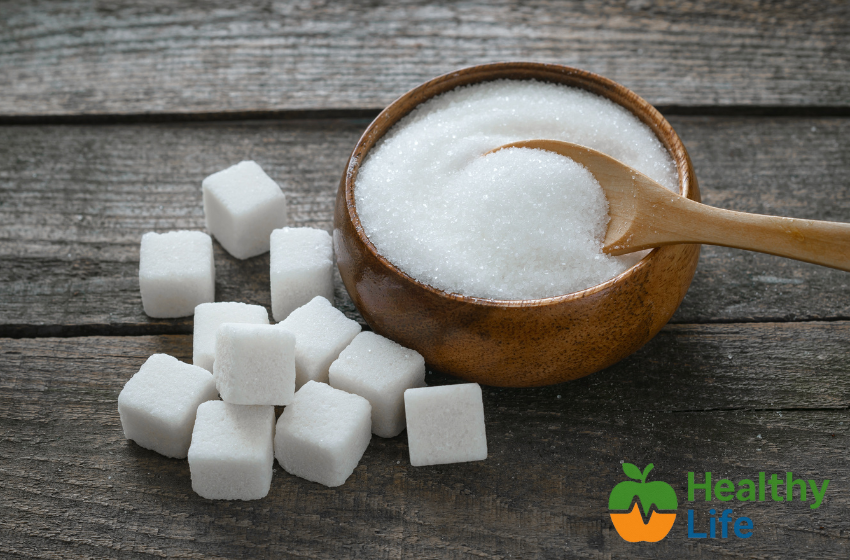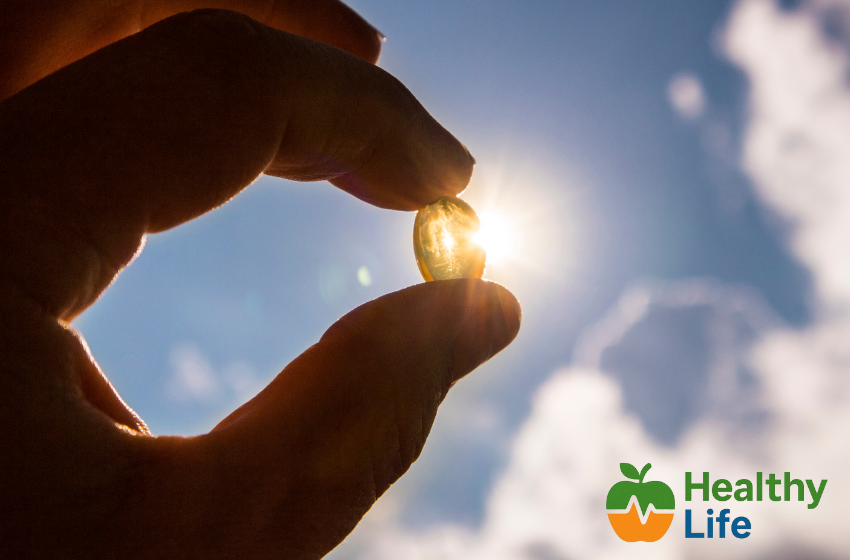Sugar: Types, Intake Guidelines, and Healthier Alternatives
- Nutrition & Diet
- August 31, 2025
- 167
- 7 minutes read

Understanding Sugar: Types, Intake Guidelines, and Healthier Alternatives
What is Sugar?
Sugar is a sweet carbohydrate that enhances the flavor of various dishes and acts as a vital energy source for our bodies. It exists in various types, such as:
- Fructose – derived from fruits
- Lactose – present in milk and dairy products
- Maltose – found in malted drinks
- Sucrose – the common table sugar used in households
- Sucralose – found in items like soft drinks and chewing gum (e.g., Splenda)
While sugar is essential for sweetening our snacks, it’s important to realize that a few moments of enjoyment can lead to long-term health struggles. Much like addictive substances, sugar can condition your brain to crave its sweetness repeatedly.
Types of Sugar
One of the most harmful forms of added sugars- often labeled as refined sugar, high-fructose corn syrup, or simply sucrose- is commonly hidden in everyday processed foods and beverages. These include:
- Soft drinks and sugary sodas
- Candies, chocolates, and other high-sugar snacks
- Cakes, pastries, muffins, and sweet baked goods
- Cream-filled biscuits and confectionery items
- Packaged fruit juices, energy drinks, and flavored waters
While these items may deliver a quick burst of energy or a momentary feeling of pleasure, they come with a long list of health risks. Refined sugars are rapidly absorbed by the body, leading to sharp blood sugar spikes, followed by crashes that affect energy, mood, and appetite. More concerning is that excess sugar- when not burned through physical activity- is stored as visceral fat, contributing to a variety of health problems such as:
- Obesity and unwanted weight gain
- Chronic skin issues like acne, premature aging, and inflammation
- Insulin resistance, which impairs the body’s ability to regulate glucose
- Increased risk of type 2 diabetes, metabolic syndrome, and even cardiovascular disease
Over time, a high-sugar diet can also impact your gut health, mental clarity, and immune system. That’s why nutrition experts recommend reducing added sugar intake by choosing whole foods, reading nutrition labels carefully, and opting for low-glycemic alternatives like natural sweeteners (e.g. dates). Making small, mindful changes in your diet can significantly improve your metabolic health, boost energy levels, and support your overall wellness goals.
Unlike refined sugars, natural sugars are found in whole, nutrient-dense foods that offer additional health benefits. Common sources include:
- Dates- a rich source of natural sweetness, fiber, and essential minerals like potassium
- Jaggery- an unrefined sugar alternative packed with iron, antioxidants, and trace minerals
- Fruits- loaded with vitamins, fiber, and phytonutrients, especially in their whole form
- Sugar cane juice- a natural energy booster that also contains electrolytes and plant-based enzymes
While these natural sweeteners are a better alternative to processed sugars, it’s still important to consume them in moderation. Overconsumption- even of natural sugars- can lead to blood sugar imbalances, weight gain, and potential metabolic stress, especially if not paired with a balanced diet and active lifestyle.
Incorporate these whole food sweeteners mindfully as part of a clean eating approach to support your digestive health, energy levels, and overall wellness goals- without overloading your system with excess sugar. Your life and routine both will change. Follow HealthyHarsh.com for your health tips because YOU and YOUR Health matters.
How Much Sugar Is Normal in a Day?
Recommended intake:
- Men: 150 calories/day → 37–38 grams (since 1g sugar = 4 calories)
- Women: 100 calories/day → 25 grams
It’s not necessary to eliminate sugar entirely; instead, aim to set boundaries and stay within healthy limits.
Is Sugar Harmful?
- Before a workout – as an energy source
- After a workout – when insulin levels are low and sugar is rapidly metabolized
Alternatives to Sugar
- Choose fresh juices over packaged ones
- Drink green tea instead of sugary beverages
- Use jaggery powder instead of white sugar
- Eat dates post-meal in place of dessert
Conclusion
In today’s fast-paced food environment, understanding the different types of sugar, their daily intake recommendations, and the best healthy sugar alternatives is crucial for maintaining optimal health and wellness. Whether it’s refined sugar, natural sweeteners, or hidden sugars in processed foods, making informed dietary choices can dramatically impact your blood sugar levels, weight management, and overall metabolic health.
By reducing your intake of added sugars, reading nutrition facts labels, and opting for whole food sweeteners like dates, jaggery, or fresh fruits, you’re not just avoiding health risks- you’re actively fueling your body for better energy, mental clarity, and immune function.
Remember, achieving a low-sugar lifestyle isn’t about restriction; it’s about smart sugar swaps, clean eating habits, and building a sustainable, healthy lifestyle that supports long-term wellbeing.


